Teaching math online can feel like trying to solve a complex equation without a calculator. You might be grappling with keeping students engaged or wondering how to explain tricky concepts through a screen. It’s totally understandable to feel a bit lost in the digital world of education!
But don’t worry! If you stick around, we’ll explore some effective strategies that can transform your online math classes from daunting to downright delightful. With a few tips and tools up your sleeve, you’ll see that teaching math online can actually become a breeze.
So, let’s dive into the world of online math teaching! From key benefits of technology to essential tools for instructors, we’ll cover all you need to elevate your math teaching game.
Key Takeaways
- Use interactive tools like Khan Academy for personalized learning paths.
- Incorporate video lessons and breakout rooms for engagement and collaboration.
- Regularly check student understanding through quizzes and polls.
- Leverage technology for instant feedback and progress tracking with platforms like IXL and Edia.
- Explore online tutoring services like Zearn Math for supplemental support.
- Utilize online resources like edX and Coursera for broader learning opportunities.
- Implement techniques like flipped classrooms and peer teaching to boost interaction.
- Stay organized and effective with tools like Teachable and collaborative platforms like Trello.
- Gather feedback from students to continuously improve your teaching methods.
Stefan’s Audio Takeaway

Effective Strategies for Teaching Math Online
Teaching math online can feel like trying to teach a cat to fetch – it needs the right approach to make it enjoyable for everyone involved.
Start by using interactive tools like Khan Academy which provides personalized learning paths.
Incorporate video lessons that break down complex concepts into digestible parts, keeping students engaged and focused.
You can also use breakout rooms for small group discussions. This allows students to collaborate and explain their thinking, which reinforces their understanding.
Lastly, regularly check in with students through quick quizzes or polls to assess their understanding before moving on. It not only keeps them on their toes but also gives you valuable feedback.
Key Benefits of Technology in Math Education
Technology in math education opens up a treasure chest of opportunities to enhance learning.
For starters, students benefit from instant feedback with platforms like IXL, which allows for unlimited practice and personalized skill recommendations.
This immediate response keeps them motivated and helps them identify areas for improvement.
Moreover, online resources help in tracking progress over time, giving students and parents a clear view of their learning journey.
Data-driven tools, such as Edia, provide tailored instruction based on student performance, guaranteeing better outcomes.
Recommended Online Math Tutoring Services
Finding the right online tutoring service can be as tricky as solving a quadratic equation!
Look into platforms like Khan Academy for its vast range of free resources and personalized learning.
Another great option is Zearn Math, which enhances understanding through rich discussions and just-in-time support.
Don’t forget about private tutoring options; many educators are offering their services on platforms like Chegg and Wyzant, with rates varying based on expertise.
When choosing a service, consider the availability of resources, the qualifications of the tutors, and how well they can personalize the learning experience to keep students engaged.

Best Online Math Learning Resources
When it comes to online math learning resources, the choices can be overwhelming, but the right ones can make all the difference.
One shining star in this area is Khan Academy, offering free, top-notch lessons covering everything from basic arithmetic to calculus.
Another great option is IXL, which provides unlimited practice questions, analytics, and personalized recommendations, but keep in mind that it’s a subscription service.
For high school and college students, platforms like edX and Coursera offer courses from renowned universities, allowing students to learn at their own pace.
Don’t overlook YouTube either; channels like Math Antics and 3Blue1Brown present complex math concepts in visually engaging ways.
Proven Teaching Techniques for Remote Math Classes
Successful remote math teaching relies on techniques that promote interaction and understanding.
Start by structuring your classes with a clear agenda, which sets expectations for students about what they will learn.
Utilizing tools like Zoom for live classes, combined with shared Google Docs, can foster collaboration.
Consider implementing the flipped classroom model, where students review the lecture material at home and do the problem-solving exercises during class time.
Encourage peer teaching by assigning students to present solutions to problems, which not only boosts confidence but also reinforces their understanding.
Essential Tools for Online Math Instructors
Equipping yourself with the right tools can make your online math classes run smoothly.
Platforms like Teachable allow you to create and customize courses easily, integrating analytics and feedback tools.
Additionally, using an interactive whiteboard, such as Miro or Nearpod, can help make your explanations visually intuitive.
Don’t forget about learning management systems (LMS) like Canvas that streamline grading and feedback, making your life easier.
Lastly, explore collaborative tools like Trello or Slack for managing group projects and communication.
Best Practices for Feedback and Assessment in Online Math Teaching
Feedback and assessment play a crucial role in remote math education.
Utilize instant feedback platforms like Edia, which can provide real-time insights into student understanding and engagement.
Regular quizzes can also be a great way to assess comprehension, but make sure they align with the material taught in class.
Encouraging self-assessment is key; let students reflect on their learning by using tools like Google Forms for surveys.
Finally, maintain open lines of communication with students to offer support and address their concerns promptly, which fosters a positive learning environment.
Conclusion: Steps to Enhance Your Online Math Teaching Approach
Enhancing your online math teaching approach involves several actionable steps you can take.
Firstly, make a habit of regularly updating your resources and teaching materials to keep them relevant.
Engaging students through interactive platforms can greatly improve retention, so explore tools like Kahoot for quizzes and games.
Moreover, try to build a community among your students by establishing group projects or study sessions, which can enhance their learning experience.
Finally, don’t forget to collect feedback from students on what works and what doesn’t, allowing you to constantly refine your approach and stay adaptable.
FAQs
Effective strategies include using interactive tools like virtual whiteboards, incorporating multimedia resources, providing personalized feedback, and fostering student engagement through discussions and collaborative projects.
Technology enhances math education by providing access to interactive tools, fostering personalized learning experiences, enabling real-time feedback, and facilitating communication between instructors and students, which ultimately improves understanding and retention.
Some of the best online math learning resources include Khan Academy for foundational concepts, IXL for practice, and Desmos for graphing. These platforms offer engaging content tailored to various skill levels.
Essential tools for online math instructors include video conferencing platforms (like Zoom), digital whiteboards (like Jamboard), assessment software (like Google Forms), and collaborative tools (like Google Docs), which facilitate interactive teaching.
